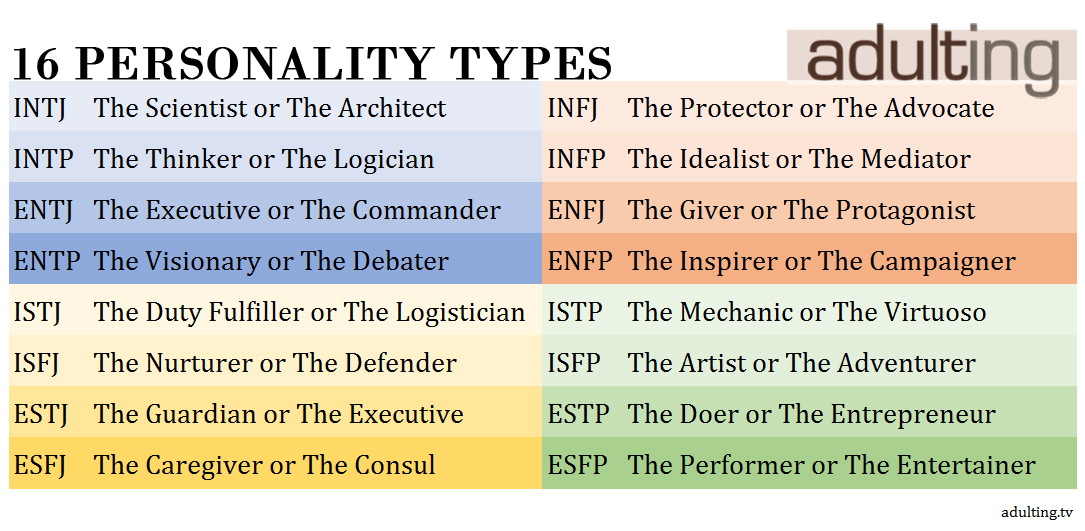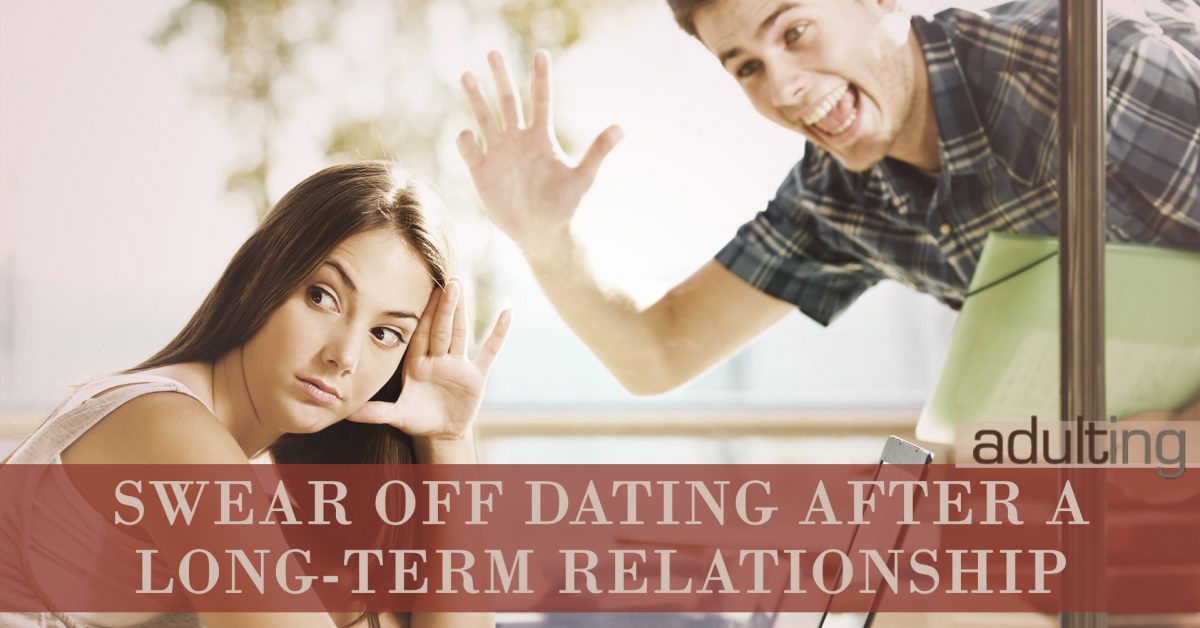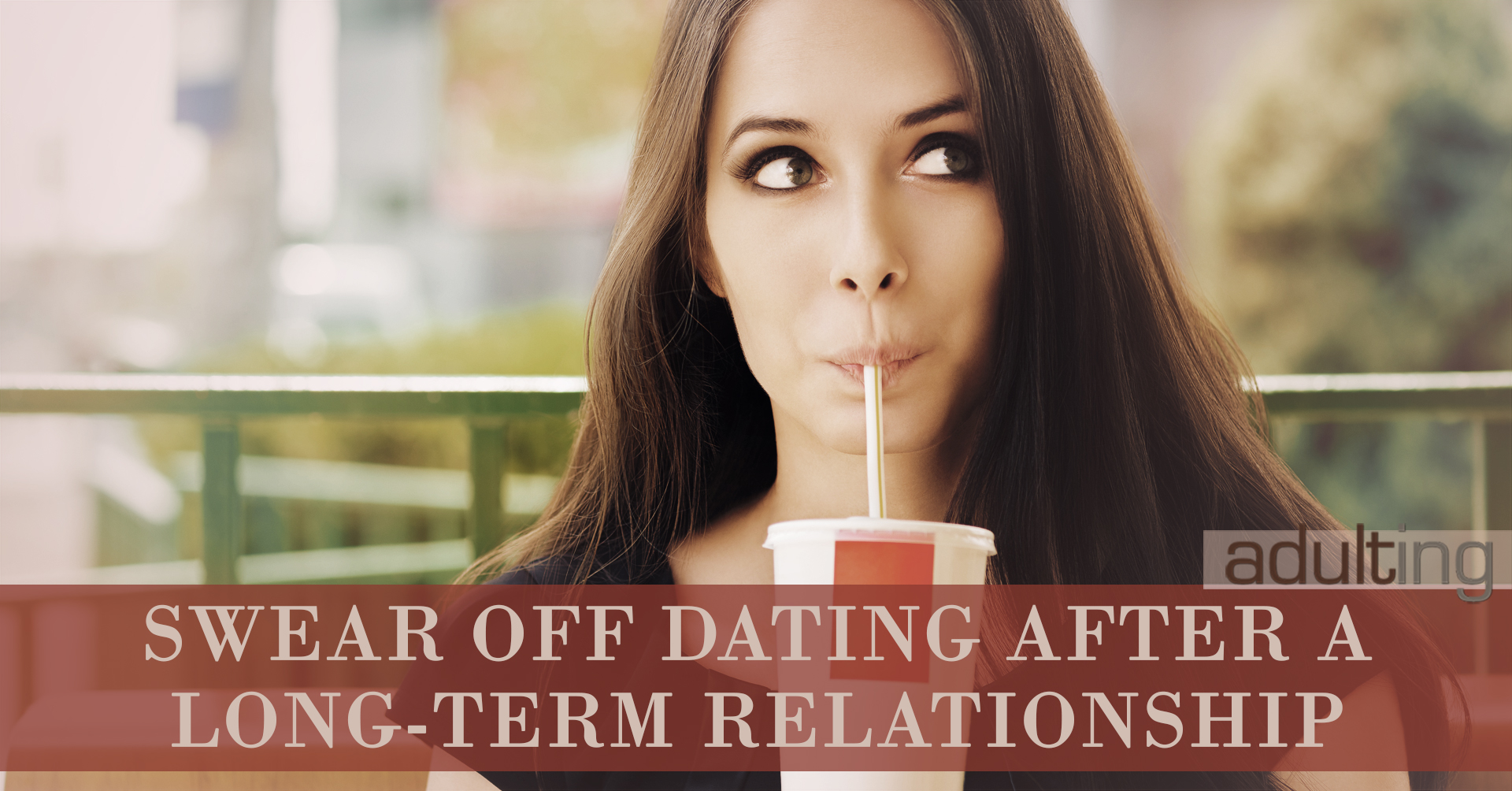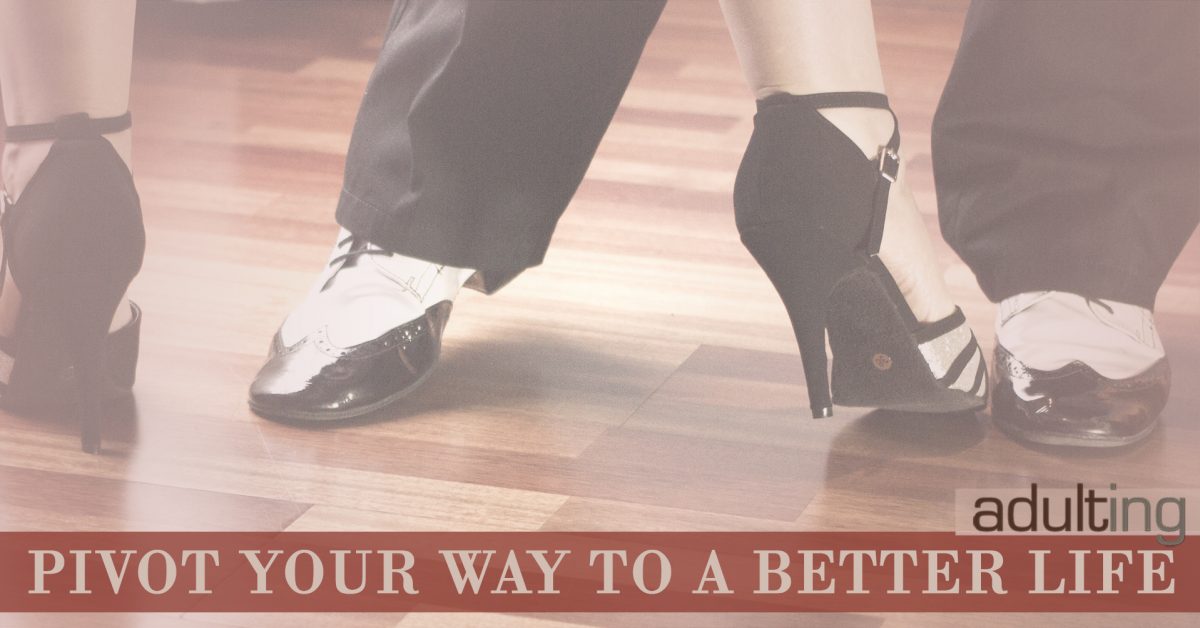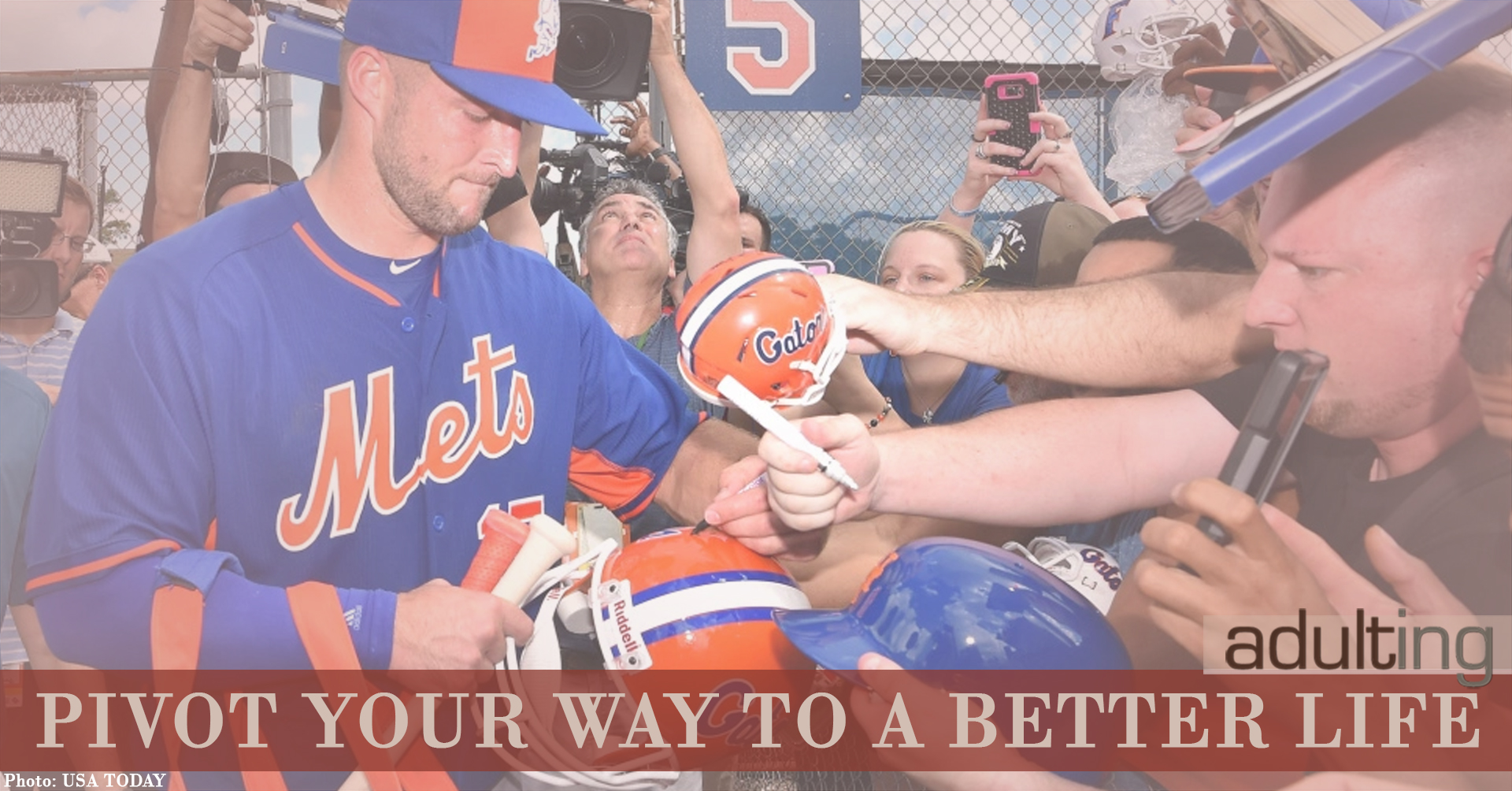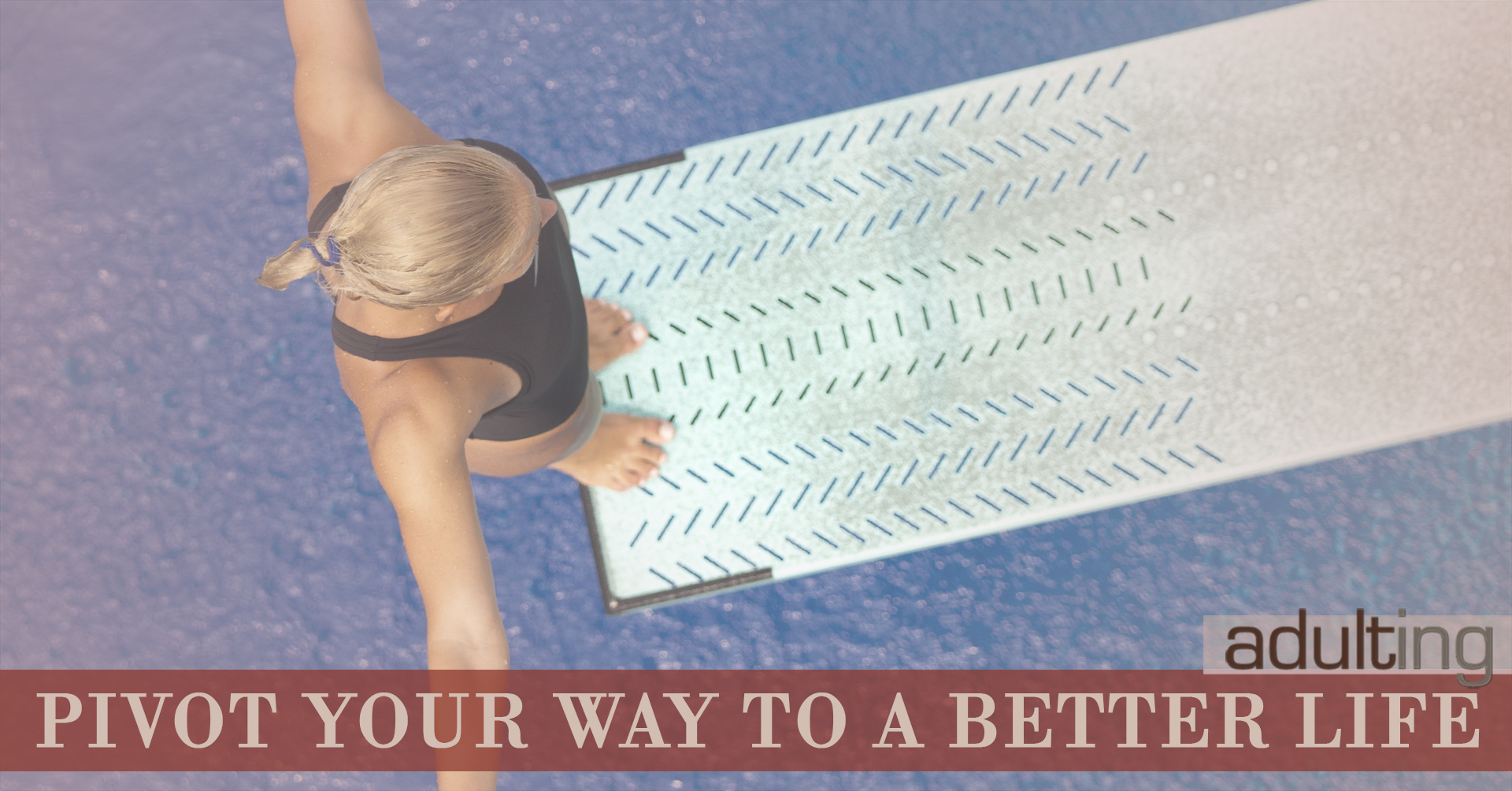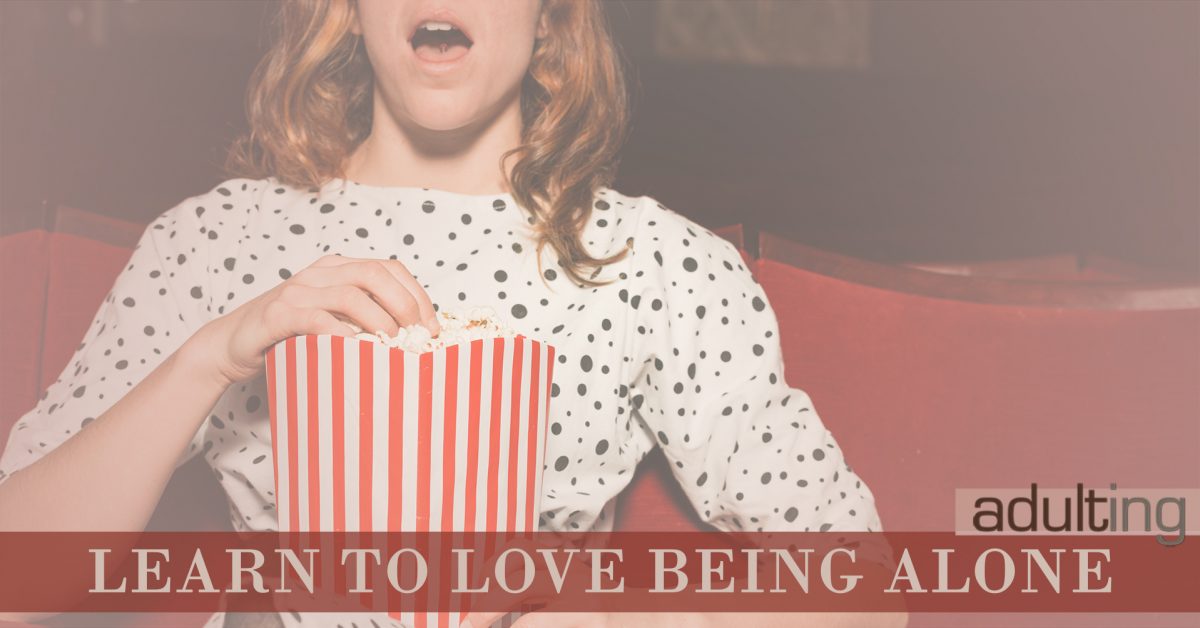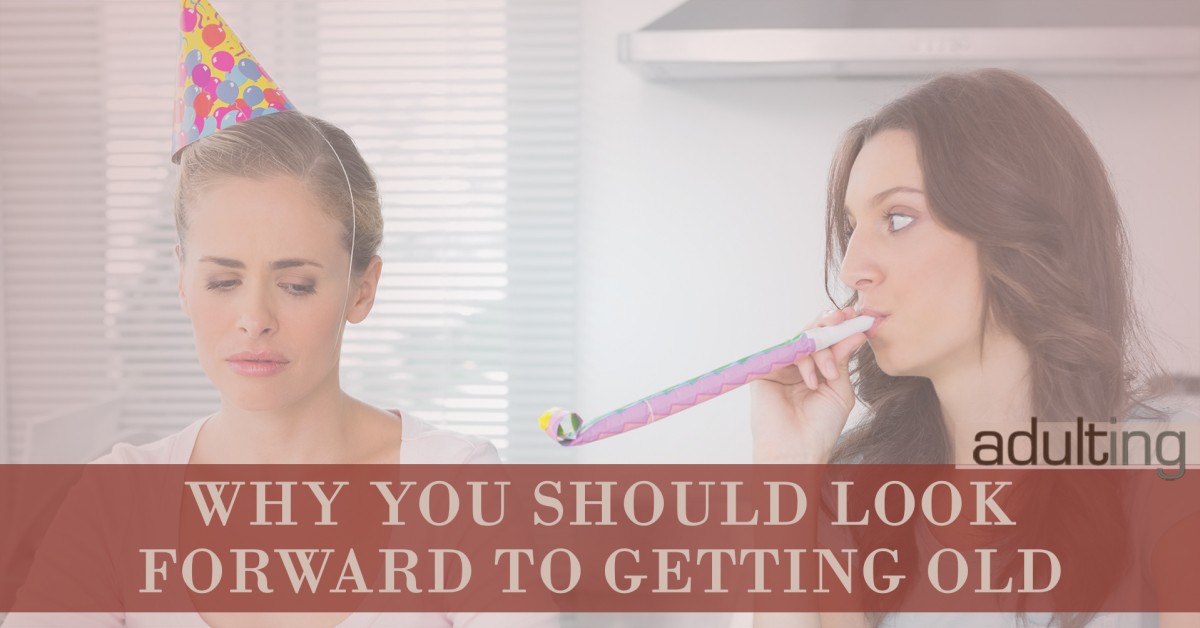One cannot deny that a good spirit uplifts the spirit. As the saying goes, “alcohol doesn’t solve problems, but neither does milk.”
Sometimes a good drink feels good or makes the good great.
It takes the balancing skills of a cocktail server to enjoy just a few drinks, though.
One’s never enough. Two or three are perfect.
After two drinks or three drinks, though, your smartest brain cells go full-Kanye. By morning, you’re bound to have done or said something you regret.
Another saying goes, “Hindsight is 20/20.” As I have lots of hindsight, let me show you the way as we determine how many drinks is too many.
You’ve had enough to drink when you think texting your ex is a good idea.
Even if you can text an intelligible sentence, there’s likely nothing you will text an ex with the loose tongue of the turnt and burnt that will improve relations with your former relation.
You’ve had enough to drink when you forget what year it is and you think calling your ex is a good idea.
The only person who ever benefited from calling an ex is Adele.
You are not Adele.
Alas, none of us can be Adele. It’s a harsh reality we all must deal with – that and that contacting an ex is rarely a good idea.
You’ve had enough to drink when you think “calling out” your friend is a good idea.
How many drinks is enough? Well, what are you about to say to your friend?
An alcohol-inspired war between friends is never fun unless you’re Canada and Denmark.
It’s never a good idea to have a few drinks and then “get real” with your BFF. If this emotion builds inside you after kicking back a few, there are clearly issues to address. The further away from your last drink, the better you address those issues.
You’ve had enough to drink when it takes you three days to recover.
While your tolerance to alcohol may not change as you age, your tolerance for drinking does. Sorry, friends, a fatty liver can only withstand so much.
As you age, hangovers hang longer and longer, making it harder and harder to adult. If you notice a pattern of nighttime partying thwarting daytime adulting, you need to ask yourself how many drinks you should really be having — and maybe cut back.
You’ve had enough to drink when going to Denny’s sounds “awesome.”
If you’ve had enough drinks to think that going to Denny’s belongs on the ongoing list of 1,000 awesome things, you’ve had enough.
Unless you’re going to a Chinese restaurant, if you start heading toward a restaurant with pictures on the menu, start heading home.
You’ve had enough to drink when Taco Bell sounds like a healthy alternative to Denny’s.
Pictures on a menu notwithstanding, if you think a 7-Layer Burrito sounds like a healthy alternative to a Denny’s Triple Stack, you’ve had enough.
If you’re that hungry, go home, eat whole wheat bread with honey, down two aspirin and a pint of water and go to bed.
You’ve had enough to drink when you think a 2 a.m. visit to the ATM is a good idea.
As Chris Rock so wisely opined, “There’s never a good reason to be at an ATM at two in the morning!”
No matter how good your conceived plan that justifies an early morning ATM-stop, you’ve had too much.
Keep driving until you get home. Do not pass go and do not collect $200.
You’ve had enough to drink when you need a “kick stand.”
How many drinks is too many? When you start approaching it from the other end. Do you need a “pick-me-up” to put yourself down? Like adding letters to math, one problem doesn’t make the other easier.
You’ve had enough to drink when you’re the last one standing.
Being the last one standing is often a reasonable goal. Such is victory in war or soccer or family dinners. When you’re the last one at the bar or party and you’re still slinging a few back, you’ve had enough.
You’ve had enough to drink when you start reenacting scenes from Jackass.
Drinking causes the loss of cognitive reasoning. When it seems reasonable to perform stupid human tricks, it’s reasonable to think that you’ve had enough to drink.
You’ve had enough to drink when the street looks like a comfortable place to lie down.
It’s a law of physics that the more you drink the lower your center of gravity. If your center of gravity gets so low that it’s physically impossible to not lie on the ground, bar booth, or your Uber driver’s back seat, you’ve had too much to drink.
You’ve had enough to drink when you steal random street signs or event decorations.
If, in the morning, you wake and there’s a street sign waiting for a spot on your wall, or if there’s a life-size Samuel Adams sitting in your living room, you had too much to drink last night. It’s time to re-evaluate your life choices — and how many drinks is enough.
You’ve had enough to drink when your dance moves include moves you typically wouldn’t even do with the most intimate partner.
If you think you’re reinterpreting Dirty Dancing or twerking with strangers, you’ve had too much to drink. If going to bed isn’t an option, at least go sit in the corner, baby.
You’ve had enough to drink when you become richer the more you drink.
Everyone likes to be the life of the party and the easiest way to become the life of the party is to pay for the party. If you catch yourself increasingly saying, “This round’s on me!” you’ve had too much to drink.
You’ve had enough to drink when Amazon makes deliveries you don’t remember ordering.
Late night shopping with a bottle of wine and Amazon Prime is fun. And it beats watching reruns of The Gilmore Girls.
But if you start receiving packages you didn’t order and it’s not Christmas, put a breathalyzer on your computer.
You’ve had enough to drink when as a “non-smoker” you smoke.
Do you “only smoke when drinking?” Put the bottoms down when the fags come out.
What do you think? What’s a sure-fire sign that you’ve had too much to drink?

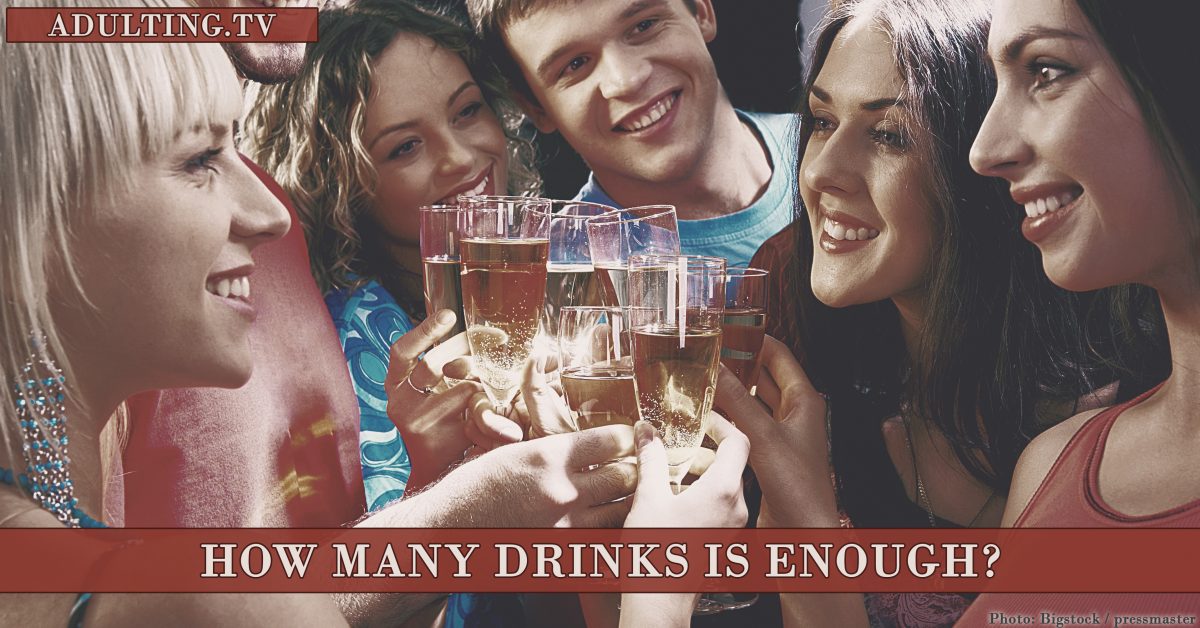
![[B009] Control What You Can Control](https://adulting.tv/wp-content/uploads/2016/11/control-1200x630.jpg)


